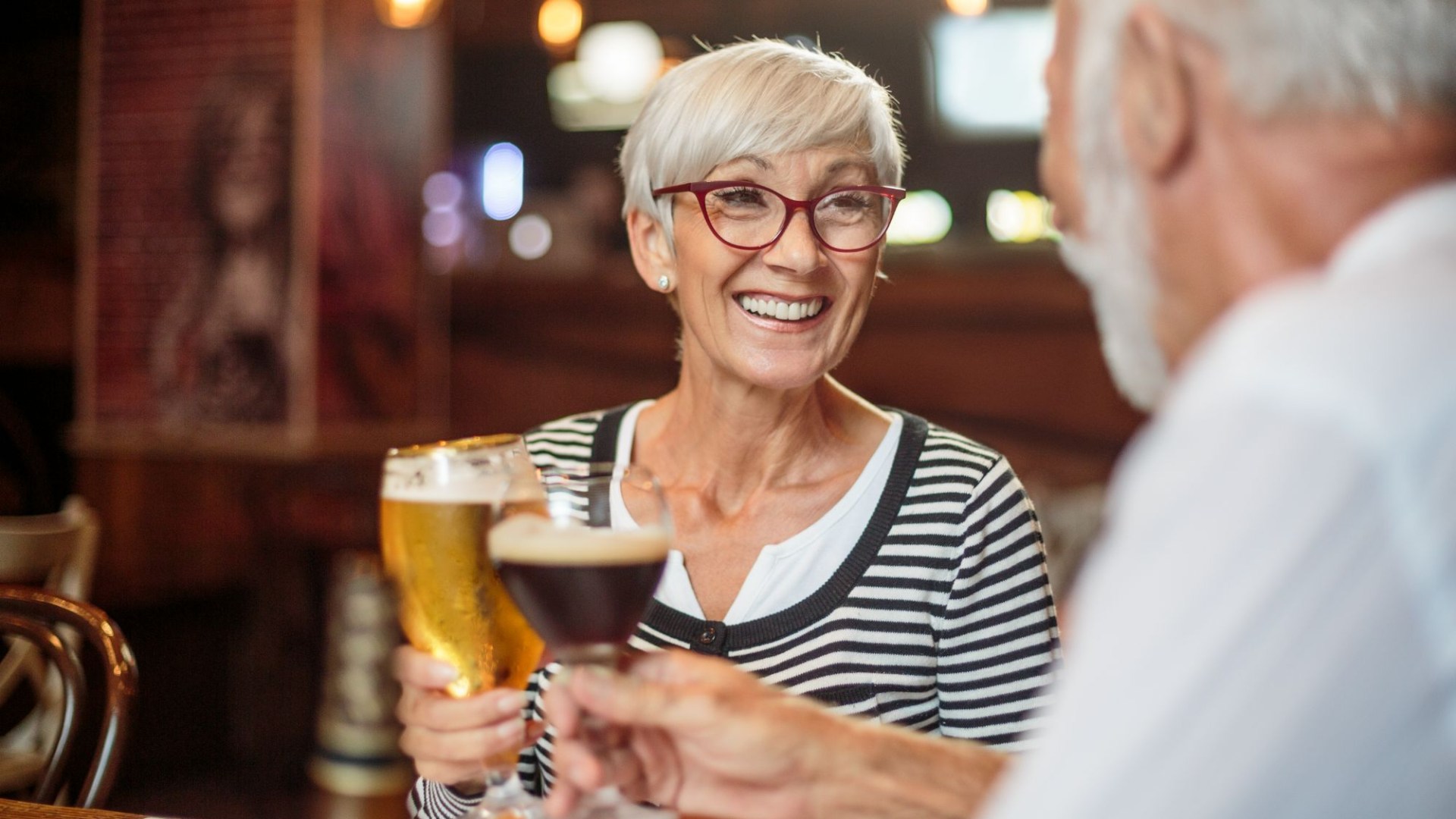A THIRD of over-60s want to catch up on the things they missed out on when they were younger.
A poll of 900 adults aged 60 and over found 73 per cent couldn’t do everything they wanted to when growing up because of financial constraints.
1
And 59 per cent didn’t have time because of work commitments, while 37 per cent lacked confidence when they were younger.
But now, almost half of respondents (45 per cent) never want to feel monotonous and stuck in a routine.
As a result, 31 per cent are booking spontaneous holidays, and 13 per cent have attended their first music festival in their sixth decade and beyond.
While eight per cent are even eyeing up the chance to scuba dive for the very first time.
The research, commissioned by eye surgery specialist Newmedica ahead of National Eye Health Week (September 23-29), also found 45 per cent are afraid of losing their independence because of things like their eyesight deteriorating.
Eye surgeon Nigel Kirkpatrick said: “Our research shows how much opportunity there is to live life to its fullest as you get older, and how looking after your health and maintaining good eyesight can give you a greater quality of life.
“If you don’t have your sight, even simple tasks can be a challenge – having good-quality vision shouldn’t be an afterthought, even as you get older.
“You should be able to enjoy every moment without compromising, and taking care of your vision means it will stand the test of time for longer.”
The study found 47 per cent want to alleviate as many worries as possible when it comes to their health so they can enjoy every day in the future.
Almost six in 10 (57 per cent) want to keep trying new things to positively impact their mental health, and 51 per cent believe it will improve their cognitive abilities as they get older.
And 79 per cent think their quality of sight is intrinsically linked to their quality of life.
Of those polled, via OnePoll, 66 per cent have found their eyesight has grown worse as they’ve aged, with 58 per cent of these claiming this has stopped them exploring new challenges.
A separate piece of research, backed by the Royal College of Ophthalmologists, estimates 30 per cent of people aged 65 years or older will develop a visually impairing cataract in one or both eyes.
Mr Kirkpatrick, from Newmedica, which provides lens replacement treatment, added: “How we live our life is heavily dictated by our health, so it’s important to put it first.
“Cataracts are a common condition which affect a number of older adults, but our research showed that more than three-quarters of people of people over 60 are unaware there are solutions available to help correct this.
“You can’t expect your health or your eyes to just take care of itself and, like with anything, getting the best quality of care will give you the best results and last longer.”
Tips to age well
There are a number of habits you can take up to care for your health and wellbeing as you age.
Age UK shared the following tips:
- Do things that you enjoy everyday – whether that’s cooking, seeing friends or enjoying a good book
- Stay hydrated – drink six to eight cups of water a day
- Eat plenty of fruit and veggies to lower your risk of heart disease and certain cancers, have beans, pulses, fish, eggs and meat to repair your body after injury, starchy carbs for energy dairy to help keep bones strong
- Manage long-term health conditions to prevent them progressing or having a greater impact on your health
- Quit smoking and reduce alcohol intake to no more than 14 units a week
- Make mental health a priority and get treatment for it, as it can also impact physical health
- Make sure you’re getting quality sleep
- Keep socialising – and call a friend or loved one if you can’t make it out the house
- Be physically active to lower the risk of depression and dementia, heart disease, stroke, Parkinson’s and some cancers




